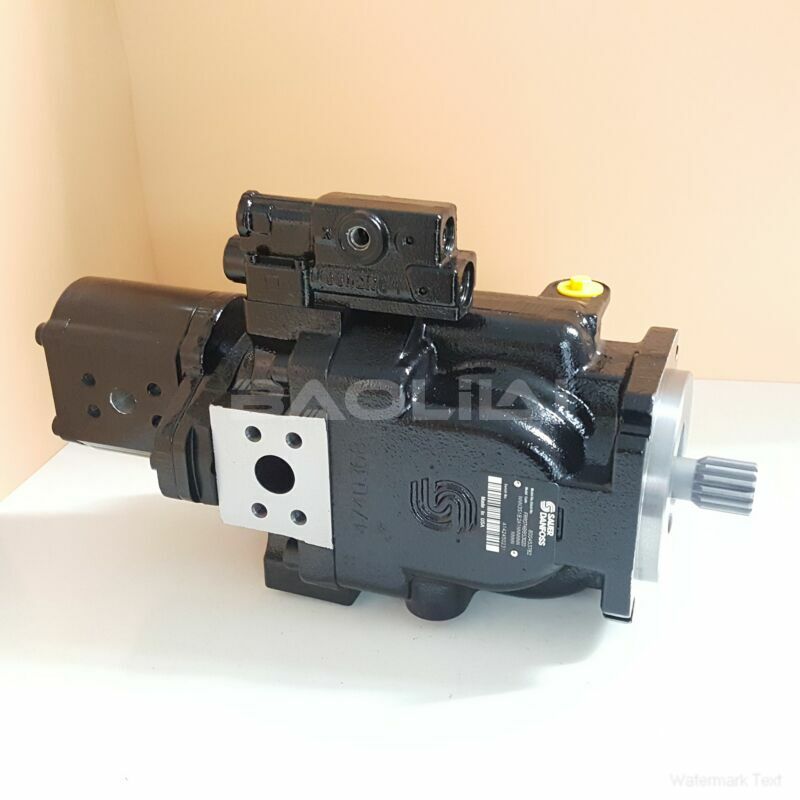FRR074BLS2626NNN3S2B2A1NNNNNNNNNN high pressure pump
FRR074BLS2626NNN3S2B2A1NNNNNNNNNN high pressure pump

- Product Details
- Applicable Scene
Pasteurization is a vital process used in the food and beverage industry to eliminate harmful pathogens while preserving the quality and nutritional value of products. High-pressure pumps play a crucial role in this process, enhancing efficiency and effectiveness. Understanding their function and importance can elucidate their impact on modern pasteurization techniques.
FR-R-074B-LS-26-26-NN-N-3-S2B2-A1N-NNN-NNN-NNN
FRR074BLS2626NNN3S2B2A1NNNNNNNNNN
High-pressure pumps are designed to operate at elevated pressures, enabling the movement of liquids through pasteurization systems. Their primary purpose is to ensure that the product is heated uniformly and effectively throughout the pasteurization process. This uniform heating is essential, as it guarantees that all parts of the liquid receive sufficient thermal treatment to eliminate pathogens.

83023859
One of the most common methods of pasteurization is high-temperature short-time (HTST) pasteurization. In this method, the liquid is heated to a specific temperature for a short duration, usually around 15 to 30 seconds. High-pressure pumps facilitate this process by rapidly circulating the liquid through heat exchangers where it is subjected to high temperatures. The efficient flow generated by these pumps minimizes the time the liquid needs to remain at high temperatures, which helps to preserve flavor, color, and nutrients.
Moreover, the design and efficiency of high-pressure pumps contribute to energy savings and operational costs. In many pasteurization plants, energy consumption can be a significant factor in production costs. High-pressure pumps can be optimized for energy efficiency by utilizing advanced technologies and materials. This optimization not only helps in reducing costs but also minimizes the environmental impact of pasteurization processes.
Another critical aspect of high-pressure pumps in pasteurization is their ability to handle viscous liquids. Many products that require pasteurization, such as dairy products, fruit juices, and sauces, can vary in viscosity. High-pressure pumps are engineered to handle these variations effectively, tailoring the flow rates and pressures to suit different products. This versatility is essential in maintaining the integrity and quality of the final product.





